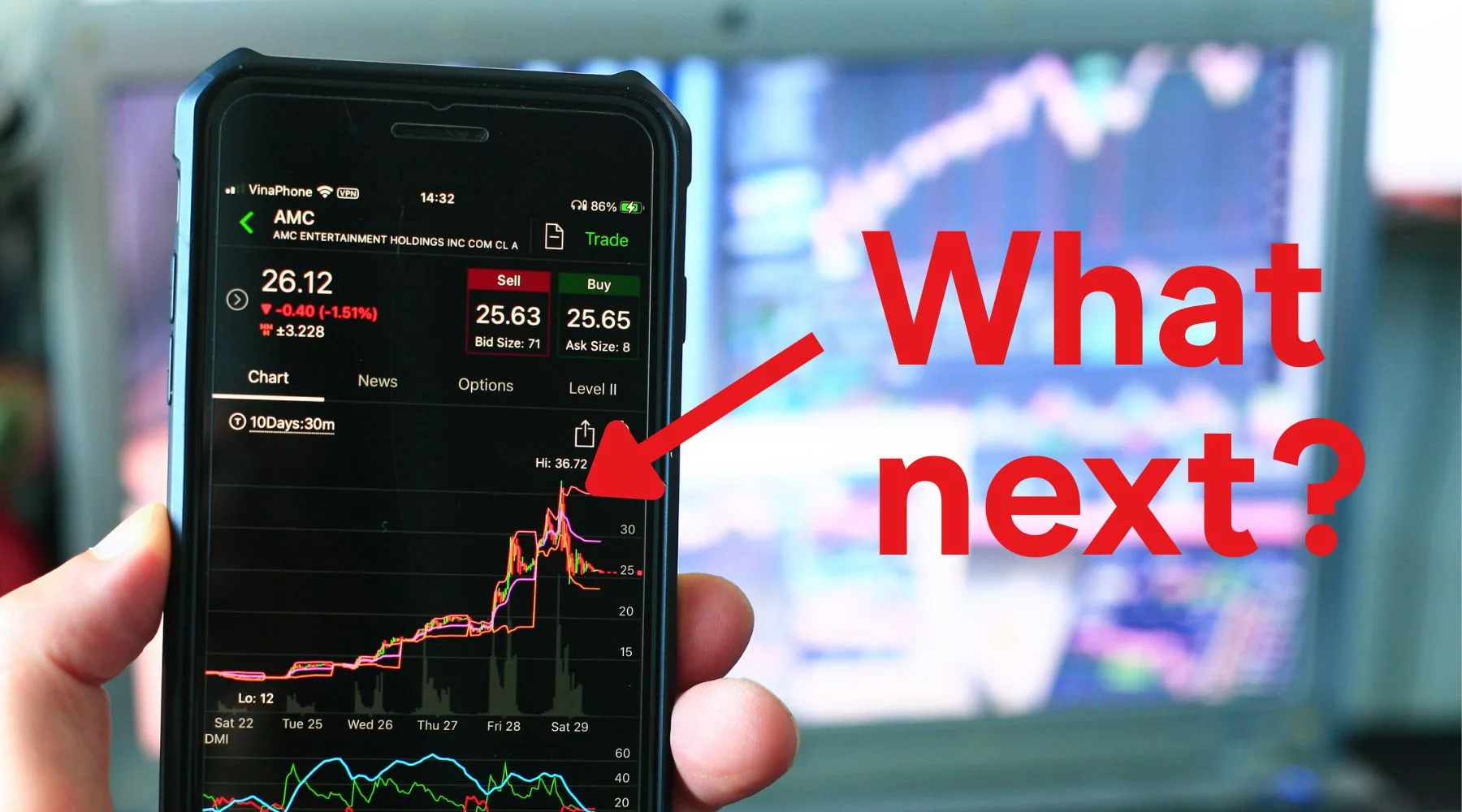ASX stocks crash on Trump tariffs — how much worse will it get?

Australian stocks are set to plunge Monday following Trump's shock tariff announcement. Here’s what investors need to know.
This article was originally published on April 4 and updated April 7 to include new information.
In case you missed it, US stocks had their worst week since the 2020 market crash, and Australian stocks are following suit Monday.
While Australians were sleeping, the S&P500 index plunged for the second day in a row, falling 6% overnight Saturday, with the tech-heavy Nasdaq Composite (-5.8%) and the Dow Jones (-5.5%) close behind.
On Monday morning, Australia's S&P/ASX200 index plunged more than 6%, its most dramatic move since COVID.
So, is this another 2020 market crash moment and what should investors be doing to prepare?
Firstly, why are stocks crashing?
Tariffs, especially from major countries, are bad news for the global economy.
When one country fires off a tariff, it's usually followed by retaliations, which can lead to a trade war.
In fact, ahead of Trump's Liberation Day, half of all experts in a Finder survey said they believed it could trigger a global recession.
But according to Capital.com senior market analyst Kyle Rodda, this isn’t just about numbers, it’s about uncertainty.
“Markets are now pricing in what’s looking like a larger-than-expected slowdown,” Rodda said.
"The Trump administration appears quite determined to shake up global trade and restructure the US economy, suggesting this may not be the last of the radical policy changes."
Essentially, investors hate not knowing what’s next. That makes stocks riskier and sell-offs more likely.
How bad will it be?
Unfortunately, what we've seen is just the beginning, according to Moomoo market strategist Jessica Amir.
"Everyone will suffer from this — stocks and consumers," Amir told Finder. "All computers globally will become more expensive; phones, cars, clothes, you name it."
Consumer stocks like Dell, HP and Nike have corrected over 10% in the last week as investors brace for rising business costs and falling sales.
"These businesses will pass on higher consumer costs to Australians too."
And all that means we're likely to see volatility for some time as investors weigh the consequences.
“Unless the Trump administration signals it’s willing to provide concessions… the weakness in the stock market will persist,” said Rodda.
How does it impact interest rates?
In the short term at least, fears of a slowdown may force the RBA to cut the cash rate to counter a recession.
That might come as good news to mortgage holders, but it underlines serious economic challenges.
"The economic outlook is so dire that traders are now betting the RBA will cut interest rates three times this year," noted Amir.
While cash rate cuts can lead to lead it a recovery, both for the economy and the stock market, Tiger Brokers' Chief Strategy Officer Greg Boland believes it's "very likely" we'll instead enter a period of stagflation.
"High inflation and no growth are the worst scenarios," Boland told Finder.
What should investors do?
With markets falling fast, some investors might see a buying opportunity.
However, Amir recommends a cautious approach.
“Look at gold,” said Amir. She also points to longer-term government bonds, such as 20- and 30-year treasuries, with yields hovering around 4.9%.
These are seen as safe havens in times of turmoil.
At the end of the day, a trade war is nothing new, in fact, Trump triggered one the last time he was in office in 2018.
If history is to repeat, things will be bumpy for a while, but they will get better eventually.
For some investors, it might be a long-awated signal to buy quality companies at a lower price. For others it means tuning out all the noise and letting your assets do what they always do.
Want to buy the dip?
Compare low cost share trading platforms to buy stocks and ETFs.
Sources
Disclaimer: This information should not be interpreted as an endorsement of futures, stocks, ETFs, options or any specific provider, service or offering. It should not be relied upon as advice or construed as providing recommendations of any kind. Futures, stocks, ETFs and options trading involve substantial risk of loss and therefore are not appropriate for all investors. Past performance is not an indication of future results. Consider your own circumstances, and obtain your own advice, before making any trades.
Ask a question
